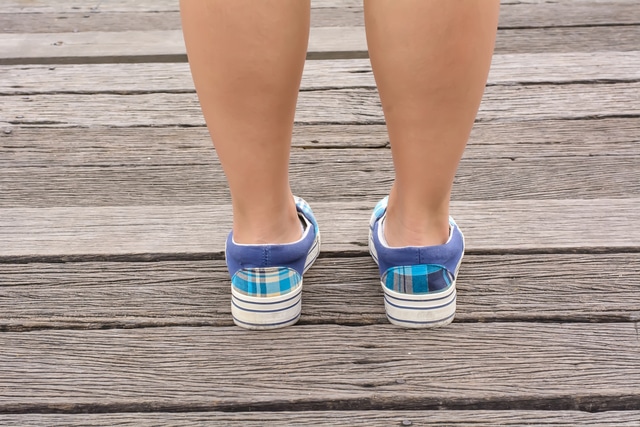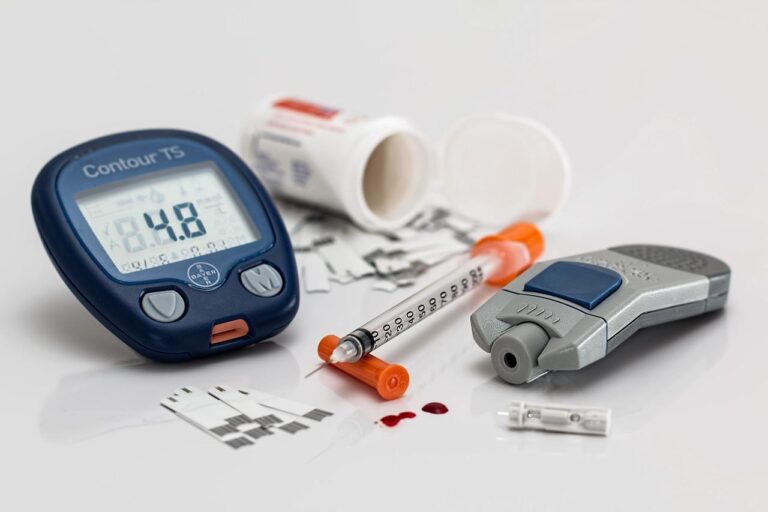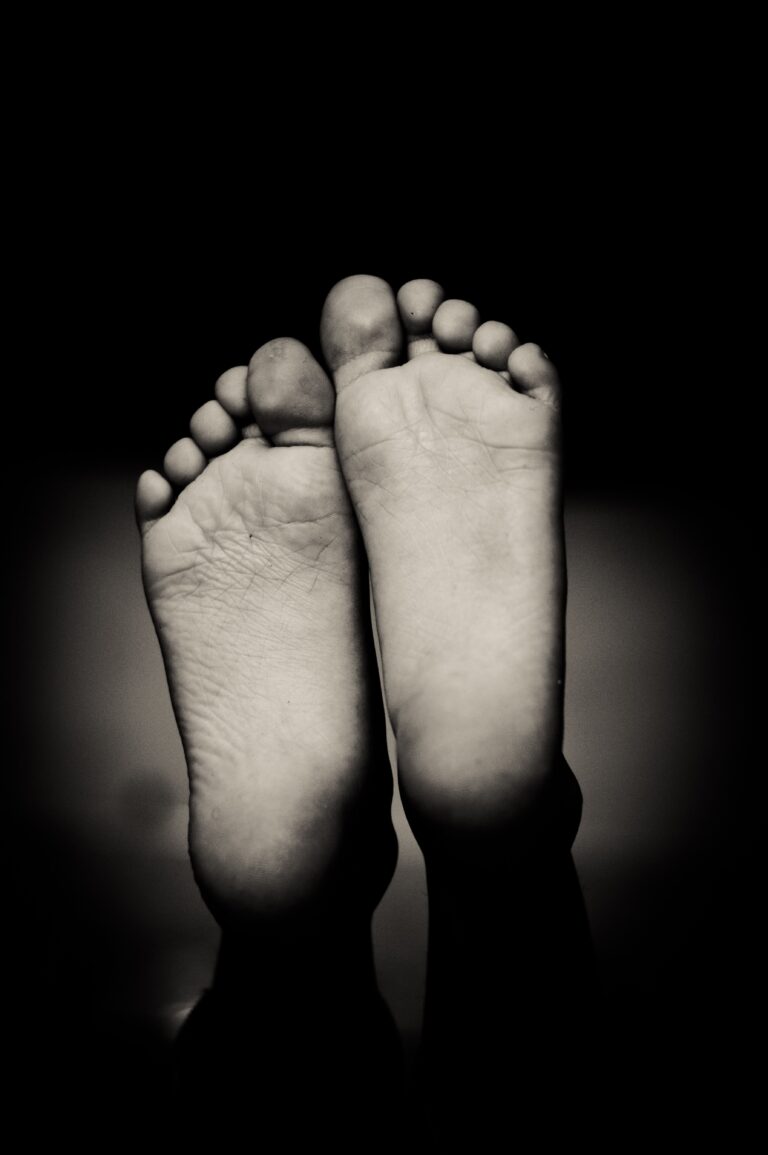Diabetic Foot Risk Classification and Shoe Suggestions
Foot ulcers are a common complication of diabetes. These ulcers can lead to infections and even death. If you have diabetes and don’t take good care of your feet, you’re at risk for foot ulcers. To prevent these complications from happening, it’s important that you know where you stand on the diabetic foot risk scale.
Diabetes can cause damage to your feet and cause ulcers and sores
Diabetes is a condition that affects your body’s ability to produce or respond to insulin. This can lead to high blood sugar levels, which causes damage throughout the body. It’s also important to lose weight if you are obese and diabetic, you can also find many online exercise programs for weight loss. Diabetes can also cause nerve damage in your feet, making them more sensitive and prone to injury.
Diabetes-related foot problems include:
- Ulcers and sores caused by neuropathy (nerve damage) on the bottom of your foot that makes it hard for you to feel when something sharp is digging into it or if there’s an infection developing beneath the skin
- Infections such as cellulitis, gangrene and osteomyelitis–all serious conditions that require immediate medical attention
Risk 1:
If you are in risk 1, you have a high risk of developing diabetic foot ulcers. This means that your podiatrist will want you to wear shoes that protect your feet from injury and infection. They will also advise regular foot checkups with them so they can monitor the health of your feet and make sure they remain free from any problems that could lead to ulcers forming.
Risk 2:
In this category, the patient has a moderate risk of foot ulcers and infections. The risk of amputations is moderate as well, but not as high as in Risk 1.
Patients with diabetes may also be at a higher risk for other complications such as heart disease or stroke, eye disease or kidney failure which can lead to death. If your health is declining, then you should ask your doctor to prescribe any supplement which you can buy from a shop or from any online supplement store.
Risk 3:
The third risk level is moderate. You are at risk of developing ulcers and sores, and you will need to get regular foot check-ups from a doctor or podiatrist. If you have diabetes, it’s especially important for you to take extra care of your feet by wearing shoes with good support.
The best way for someone with diabetes to avoid ulcers and sores is by taking good care of their feet (and keeping them dry) at all times.
Risk 4:
You are at risk of foot ulcers and infections that may lead to amputations, as well as death. You will need to monitor your blood sugar levels regularly and get regular foot check-ups from a podiatrist or diabetic specialist. If you have diabetes, it’s even more important to take extra care of your feet:
- Keep them clean by washing with soap and water daily. Don’t share towels with other people or use communal bathroom equipment such as razors or nail clippers that could spread infection from one person’s feet onto yours!
- Keep nails short so they don’t catch on things like socks or carpeting while walking around barefoot (although some experts say this isn’t necessary). If there are calluses on the bottom of any toes due to nerve damage caused by high blood sugar levels over time, then ask about filing them down instead; otherwise just keep an eye out for any unusual growths under those calluses–you’ll want someone else who knows what they’re doing check these out before anything becomes infected!
These infections can lead to amputations and even death:
If you have diabetes, the risk of getting a foot infection is high. These infections can lead to amputations and even death. It’s important that you take steps to prevent these problems from happening by wearing shoes that fit well and provide protection from injury. E.g. if you are diabetic and you like monk strap shoes then you should buy them double monk strap shoes from a good store!
Diabetes can cause serious health complications:
Diabetes should be taken seriously, because the disease can cause many health complications. When you have diabetes, your body does not produce or use insulin properly. Insulin helps your body metabolize sugar (glucose) for energy. The result is too much glucose in your blood, which can lead to serious health problems if left untreated.
People with diabetes often experience foot pain because high blood pressure and nerve damage occur as a result of poor circulation in the lower limbs. This may cause swelling in the feet and ankles, leading to ulcers that can become infected if left untreated
Manage your diabetes well
Diabetes is a chronic disease that can lead to serious health complications if not managed well. The best way to prevent such complications is by managing your diabetes well.
If you have been diagnosed with diabetes, it is important that you seek medical advice from an expert and follow the treatment plan prescribed for you by them. This will help control blood sugar levels in the body and reduce their adverse effects on different organs like eyesight, kidneys etc., as well as preventing foot problems in diabetics.
Make sure to get regular foot check-ups from a doctor or podiatrist
When you have diabetes, you will need to monitor your blood sugar levels and also make sure that you get regular foot check-ups from a doctor or podiatrist. This is because the nerve damage that can occur with diabetes can result in poor circulation in your feet, which makes them more susceptible to infection and ulcers. If left untreated, these infections can lead to amputation of toes or even entire limbs if they aren’t treated early enough.
Because of this risk, it’s important for diabetics (and anyone else who suffers from poor circulation) to seek regular medical care for their feet so that any problems are caught early on and treated appropriately before they become serious problems that require surgery or other invasive measures such as antibiotics injections directly into tissue surrounding infected areas.
You need to take extra care of your feet if you have diabetes
If you have any type of diabetes, it’s important to take extra care of your feet to minimize diabetic foot risk. Regular checkups and advice from a doctor or podiatrist can help prevent serious problems.
- Make sure that you get regular foot check-ups (at least once a year) and get advice on how to look after your feet. If necessary, see a podiatrist who specializes in treating people with diabetes.
- Get the right shoes for walking and exercise: comfortable shoes with arch support are best if they fit well – this may mean going up half sizes or more; thick soles can help protect against bruising if there is nerve damage; high heels should be avoided as they put extra weight through the metatarsal bones which are most vulnerable when affected by nerve damage caused by high blood sugars; insoles may help relieve pain caused by calluses formed on the ball of the foot where skin becomes hard because nerves are damaged by poor circulation due to poor blood flow through arteries narrowed due to high blood sugars.
Make better choices about your shoes
When you know where you are on the diabetic foot risk scale, you can make better choices about your shoes.
For example, if you have diabetes and your feet are at high risk for developing ulcers or infections, then it’s important to wear shoes with breathable materials and good ventilation. Shoes that are well-cushioned and have a roomy toe box will also help protect your feet from injury by cushioning impact when walking or running.
Conclusion
If you have diabetes and want to know where you stand on the diabetic foot risk scale, this article will help. We have outlined four different levels of risk so that you can make better choices about your shoes. The best way to prevent such complications is by managing your diabetes well. When you have diabetes, you will need to monitor your blood sugar levels and also make sure that you get regular foot check-ups from a doctor or podiatrist.
Image Credit






